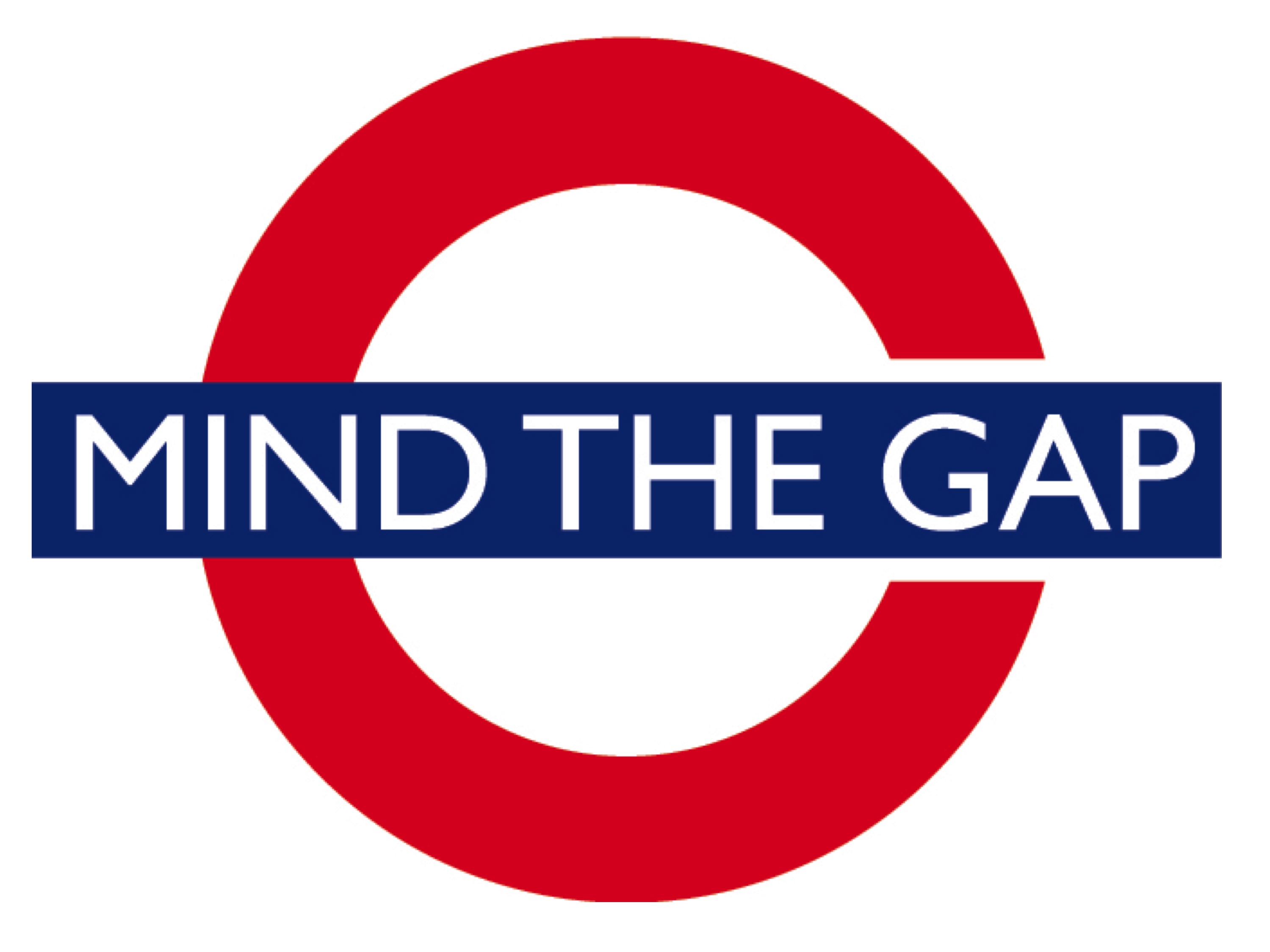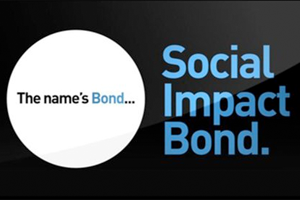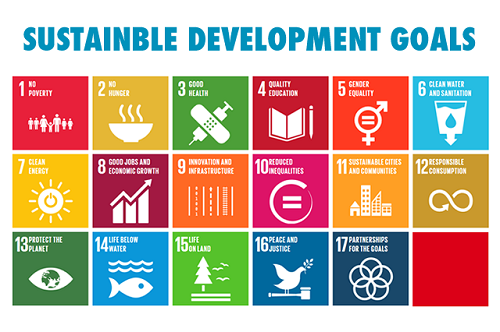The connection between business and society is a popular topic. The social and environmental issues we face on a global level are becoming so significant that there are plenty of business opportunities in contributing to solving them. This is not only interesting from a risk and reputation management perspective. Sustainability can be a platform for profitable growth while solving wicked social issues.
Read More
Topics:
Value,
Social impact,
Social accounting,
philanthropy,
IR,
Integrated Reporting,
impact measurement software,
Social Value
Last week’s “critical mass” event in London – organised by Social Value International and Good Deals collaboratively– brought together a unique blend of social entrepreneurs, impact investors, public servants, government officials and everyone “in between” to discuss how social value can be created, leveraged and be accounted for. Or rather: how critical mass – enough supporters and practitioners to sustain a movement - can be achieved for social value and social value creation. Part of the answer to this lies in bridging the reality gap in social impact measurement.
Read More
Topics:
Impact measurement,
Social impact,
Social Value
Impact measurement often requires organisations to collect more data. But with more information, the risk of information overload and attention fragmentation increases. How can we cope? How can we become data-driven without data driving us crazy?
Read More
Topics:
Impact measurement,
Social impact,
Stakeholders,
Impact investing
The first national Social Impact Bond conference in the Netherlands, organized by START Foundation, is a fact. It was even the first national conference on Social Impact Bonds (SIBs) globally, since SIBs are still a relatively new phenomenal. Worldwide there are nearly 50 SIBs up and running of which 3 are launched in the Netherlands. Clearly, some people think this will become much bigger than it currently is.
Read More
Topics:
Social impact,
Social enterprise,
Impact investing,
Maatschappelijke business case,
philanthropy,
overheid,
publieke aanbesteding,
aanbestedingen,
government,
Social Impact Bond
During the United Nations’ annual summit last week the 193 UN member-states endorsed the 2030 agenda for sustainable development, including 17 Sustainable Development Goals (SDGs) and 169 associated targets. The ambitious plan – set to commence in January 2016 - focuses on changes the world needs to tackle poverty and climate change, and leverage sustainable and equitable growth, now and in the future. Over the next 15 years governments, NGOs, companies and communities are expected to use these goals in developing policies, allocating finance and implementing measures and actions aimed at building a more inclusive, fair and sustainable world. The agenda fails to address, however, how implementation and performance towards these goals – including money flows - will be measured and monitored.
Read More
Topics:
Impact measurement,
IATI
A business creates value through a combination of strategy, governance, performance and prospects in an external environment. A framework that enables a businesses to bring these elements together – and to communicate the value creation story through the ‘connectivity of information’ - is called Integrated Thinking & Reporting, in short <IR>. At the heart of <IR> is an integrated model, which demonstrates how six capitals – financial, manufactured, human, social and relationship, intellectual and natural – represent all the resources organizations utilize to create value (over time).
Read More
Topics:
Value,
Accountability,
IR,
Integrated Reporting,
Value Creation Story

Economische bedrijvigheid is de motor van de economie. En als die motor samen gaat met het oplossen van maatschappelijke vraagstukken – zoals bij sociale ondernemingen het geval is – dan is de (lokale) overheid een logische partij om mee samen te werken. Hoe kan zo'n samenwerking er dan concreet uit zien?
Read More
Topics:
Social enterprise,
social business case,
overheid,
publieke aanbesteding,
gemeentelijke aanbesteding,
aanbestedingen
What sets you apart? How do you compare to others in your line of work? Why should we invest in you? Impact investors often ask these questions, but don't always have sufficient data with regard to impact to inform their decisions.
Read More
Topics:
Impact measurement,
Accountability,
Impact investing,
software

In the philanthropic sector, measuring social impact is still perceived as a challenge. The number of projects a social investors funds, combined with their diversity often result in large time and resource investments for both the investor and the investee (or grantee). Many social investors therefore feel they do not have the means to measure more than a few outputs, like the number of participants or workshops, or the total amount of volunteer work. Although this is a good starting point, it only scratches the surface of what the project or program has established, and tells you nothing about the true impact (and value) it has created. Has the target audience really been reached? Have their circumstances been changed? Only by giving a voice to the beneficiaries will you be able to decide if the right investment choices have been made.
Read More
Topics:
Impact measurement,
Value,
Social impact,
Stakeholders,
Social change,
philanthropy
We believe that the social value an organisation creates is just as important as the financial value, and should therefore be treated accordingly. Why? We all agree that it’s normal that every business publishes their annual reports and is transparent about their financial performance. To do this properly requires processes, such as audits, accounting and reporting. If businesses perform financial accounting, why shouldn’t organisations aimed at creating social value perform social accounting?
Read More
Topics:
Accountability,
Social Return on Investment,
Social accounting
-1.jpg?width=232&name=GT%20Sinzer_logo_screen_descriptor%20(1)-1.jpg)










